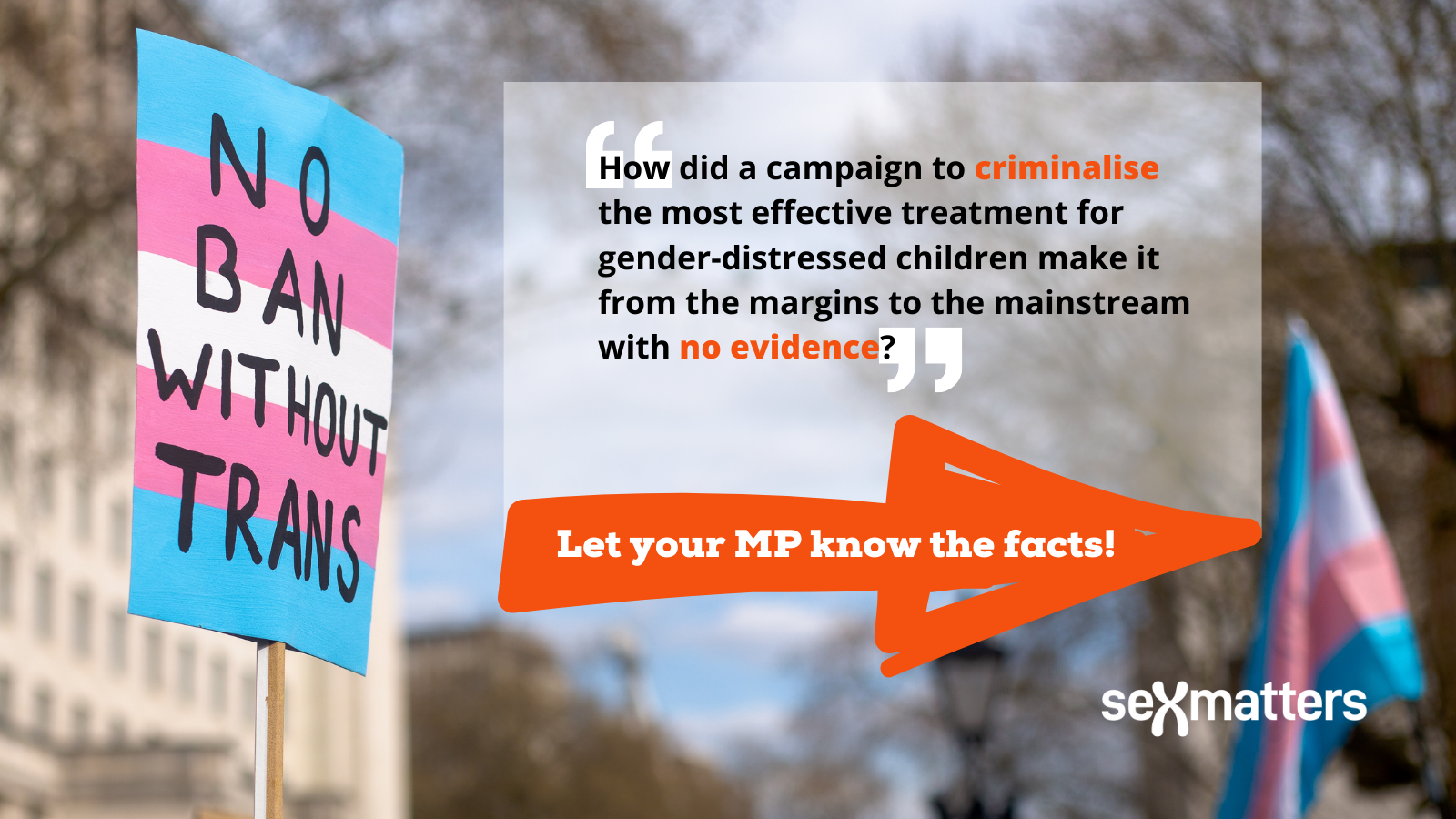What is behind the campaign to ban conversion therapy?

The campaign to ban “conversion therapy” has come out of nowhere, to suddenly dominate the priorities of organisations such as Stonewall, Gendered Intelligence, Mermaids, GIRES and the LGBT Foundation. There have been protests and petitions, and these groups pulled out of a planned international conference on human rights when the government refused to meet campaigners’ demands.
But when you ask what people actually mean by “conversion therapy”, you get very different answers. And when you look for evidence that there is a problem in the UK, it is remarkably thin.
For some, conversion therapy suggests the kind of thing that happened to people like Alan Turing, who was subjected to chemical castration in 1952, when homosexual acts were still illegal. But since then things have changed a huge amount: homosexuality is legal, and any attempt to “convert” someone gay by force would be against the law.
Organisations in the “ban” campaign suggest darkly that torture, abuse and coercion are going on today. But until recently they didn’t see this as an issue, and they haven’t produced any compelling evidence that has changed their minds (and as we’d previously shown, research commissioned by the government found none). When we delved through ten years of annual reports from these organisations, we found hardly any mention of “conversion therapy” as an issue.
In reality, the push to criminalise “conversion therapy” is a solution looking for a problem, and a tactic to suppress the concerns of gender-critical parents, therapists, and teachers, for fear that they could be imprisoned for saying that there is nothing wrong with a child who doesn’t feel comfortable with gender norms.
Many thoughtful therapists, parents and teachers have raised concerns about this alongside Sex Matters, Transgender Trend and the LGB Alliance, as well as the Equality and Human Rights Commission. The UK government seemed to recognise those concerns as legitimate, and said that it would not rush to criminalise therapy that is not trans-affirmative. But pressure from the “ban” lobby is intense.
Read Sex Matters’ investigation into the history of the conversion-therapy campaign, and how a demand for a ban made it from the margins to the mainstream without any evidence.
Send it to your MP, along with Dr Hilary Cass’s Interim report.
